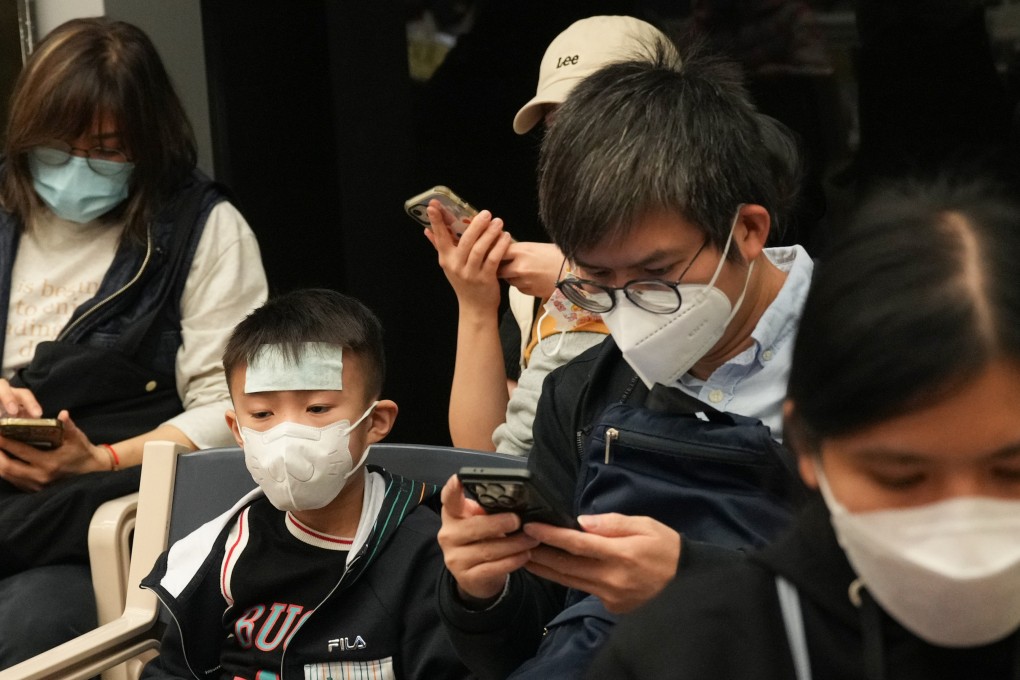Editorial | Better to be safe than sorry on Hong Kong Covid and flu front
- As city enters peak flu season with Covid-19 cases once more on the rise, now is the time to remember health lessons and get vaccinated

After months of warning, Hong Kong’s peak winter flu season is upon us just as Covid-19 infections start to rise again. Everyone should do their part and heed the advice of health officials about getting vaccinated and observing proper hygiene.
The healthcare system is already showing signs of strain. Waiting times of up to eight hours are being experienced at accident and emergency departments in some public hospitals.
The admission rate for patients with a principal flu diagnosis has exceeded a threshold that signals the start of a peak period.
The length and severity of the flu season are not yet known, but Secretary for Health Lo Chung-mau has said case numbers could reach their limit in January or February. Lo also said winter peaks typically lasted until March, inferring it was still worthwhile to get a flu jab that may help cut the risk of serious illness.

Flu vaccination coverage rates among residents aged between six months and 18 years, as well as among those aged 65 or over, have risen by 39 per cent and 15 per cent, respectively, compared with last year. However, about half of those in these age groups remain unvaccinated.
